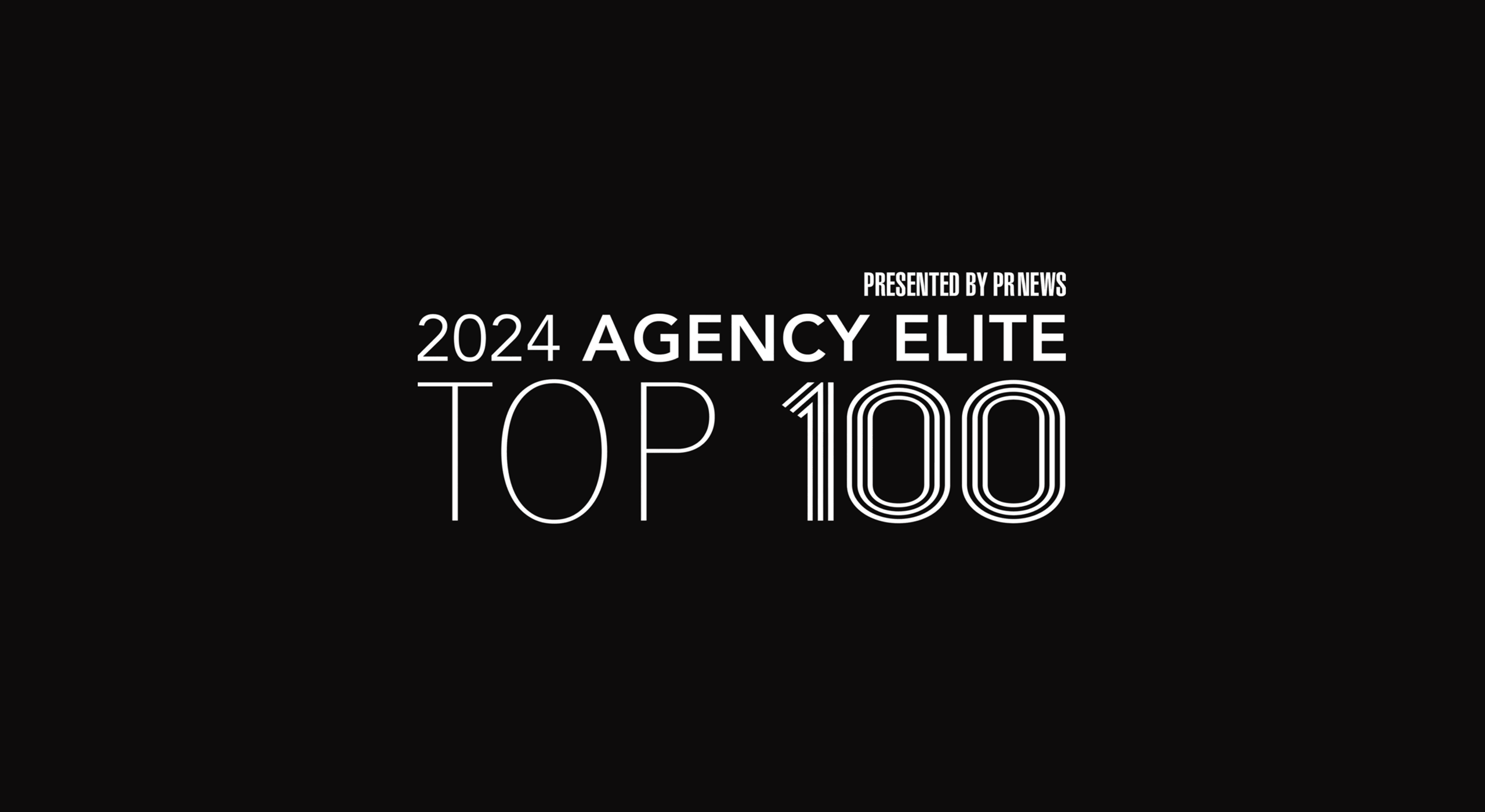
Understanding AI and Ethics: 3 Takeaways from a PRSA Detroit Panel
By: Elizabeth Hamilton
What was once an aspirational and futuristic idea has made its way into the hands of everyone with a phone or computer. Artificial intelligence remains a complicated terrain for the media and public relations industry and this was the heart of a recent PRSA Detroit panel about AI and ethics. This incredibly informative panel discussion included expert insights on generative AI, its ethical considerations and tactical ways PR professionals can apply AI to their businesses and organizations.
Considering this is an area Identity has invested time and resources in this year, it was an opportunity for us to hear how our perspective aligned with our industry peers. That said, here were three key standouts from this PRSA Detroit panel and how AI and ethics intersect.
Hot Right Now: Generative AI
AI has been around for generations and is an umbrella term encompassing several subcategories, including generative AI. Different subcategories perform various tasks and are present in our everyday lives. For instance, reactive machines are used in self-driving cars, whereas limited memory AI is used to forecast the weather, and theory of mind powers virtual customer assistance. These are only a few subcategories, and the generative model falls into many of them. Other types of AI may generate content but as a side effect of its primary function.
Generative AI is specifically designed to produce human-like content as its primary output. We are all familiar with this as popular products on the market today have made headlines: ChatGPT, Google Bard, Grammarly, Bing Chat and Chatsonic. These tools operate using large language models (LLM) to produce natural and authentic-feeling content. LLMs must be regularly updated with new data and feedback to continue to provide accurate and relevant responses. Individuals can prompt an AI chatbot with a few words, and the bot will write poems, tell jokes and even draft detailed essays in a matter of seconds.
Ethical Considerations When Using AI
As PR professionals, we invest so much time and resources into building credibility and trust with our clients, the community and other organizations. It’s important to remember the public relations code of ethics still applies to AI. If you decide to use it, be transparent and uphold journalistic integrity.
During the panel discussion, a question was raised about whether or not AI belongs in the newsroom. Rob Davidek, the Program and News Director of WWJ Newsradio 950 AM in the Detroit market and the Michigan News Network, responded with a resounding “yes.” However, he elaborated on how AI is great for generating headlines but stressed the importance of using caution.
“AI doesn’t always have the best understanding of context. It can’t write opinion-based pieces, capture your exact writing style or write in-depth news stories about a recent subject anytime soon,” Davidek said.
Despite being one of the most rapidly evolving technologies today, LLMs still present numerous ethical issues, including manipulation and the ability to deceive users, abuse copyrights, lack accountability and pose risks such as safety, privacy, bias, environmental impact and lack of transparency. It can be difficult to determine how LLMs make decisions or generate responses, which is why AI and ethics is an important pairing to consider.
As PR professionals, where maintaining control over messaging is key, this is a problem. There is also the issue of bias. As LLMs are trained on broad data sets that reflect existing social and cultural norms, these systems can perpetuate biases and stereotypes—which is not helpful in PR—or any industry.
Reasons to Consider Implementing AI
LLMs have been hailed as a breakthrough in AI language capabilities but are considered threatening to many industry sectors. According to a report co-authored by researchers at OpenAI, PR specialists are one of the groups with the highest exposure to LLMs, along with mathematicians, interpreters, translators and blockchain engineers.
There is a negative stigma surrounding the use of AI, and it forces PR professionals to ask important questions. Content and communication are the fundamentals of our craft, and we should ask ourselves: “Should I fear what LLMs and other conversational AI tools mean for the future of my profession, or should I be excited about what these technologies might unlock?”
The truth is that LLMs present massive opportunities for innovation in PR, especially in areas like measurement and competitive sentiment analysis. We are already constantly measuring the effectiveness of campaigns and tracking how competitors are performing. With ChatGPT’s ability to pull sources, transcribe, analyze large amounts of data and identify trends, evaluating outcomes is simplified.
These models can also provide a more customized approach when pitching to a particular recipient. ChatGPT can quickly gather research, meaning PR professionals can use it to gain insights into people, companies and topics, helping us with personalization.
As we move forward, there is still a lot of uncertainty about AI and ethics, as well as the possibility of regulating these powerful tools. Generative AI creates unique and engaging content, but we must continue to factor in ethics and integrity when participating. I know as an agency, Identity has more to share about our perspective and what the future looks like with consideration to AI.
I did love this quote from Ray Day, APR, Stagwell Vice Chair, and former Chief Communications Officer at Ford and IBM: “The curious communicators will rule the world.” It’s a reminder of how we should approach our work each day and why one of Identity’s core values is to think big and act bold.
There are tactical ways PR professionals can use AI to our advantage. By staying informed and curious about the latest developments in AI and its ethical considerations, PR professionals can stay ahead of the curve in the ever-evolving world of communications.



